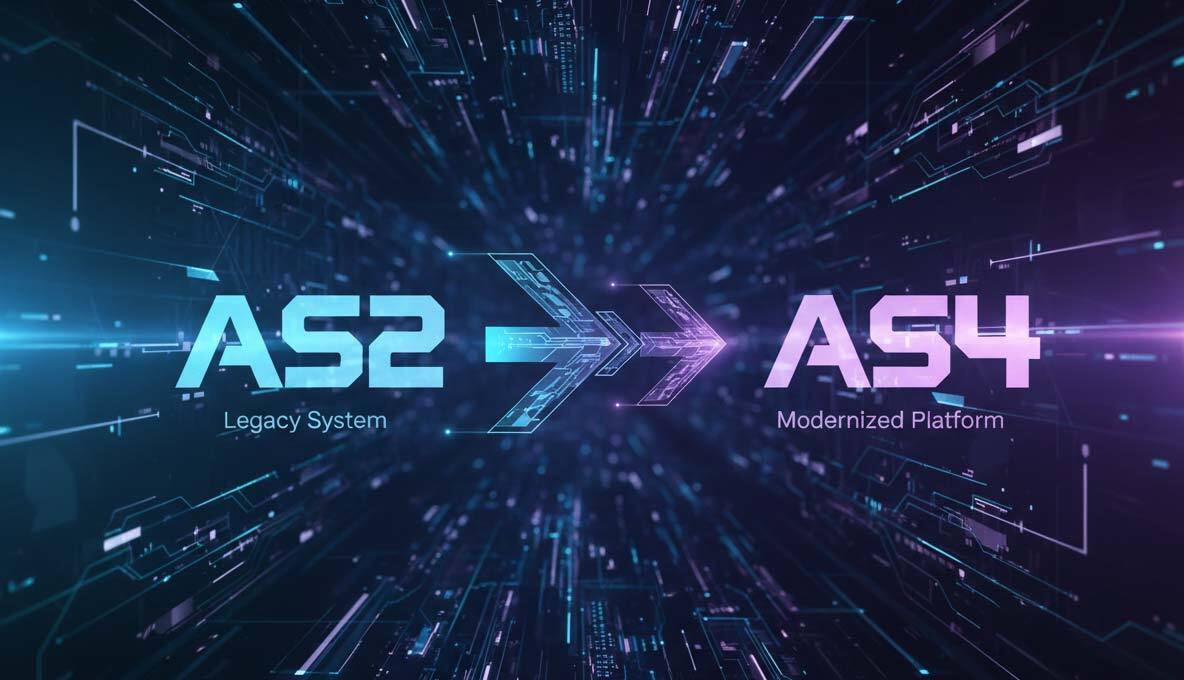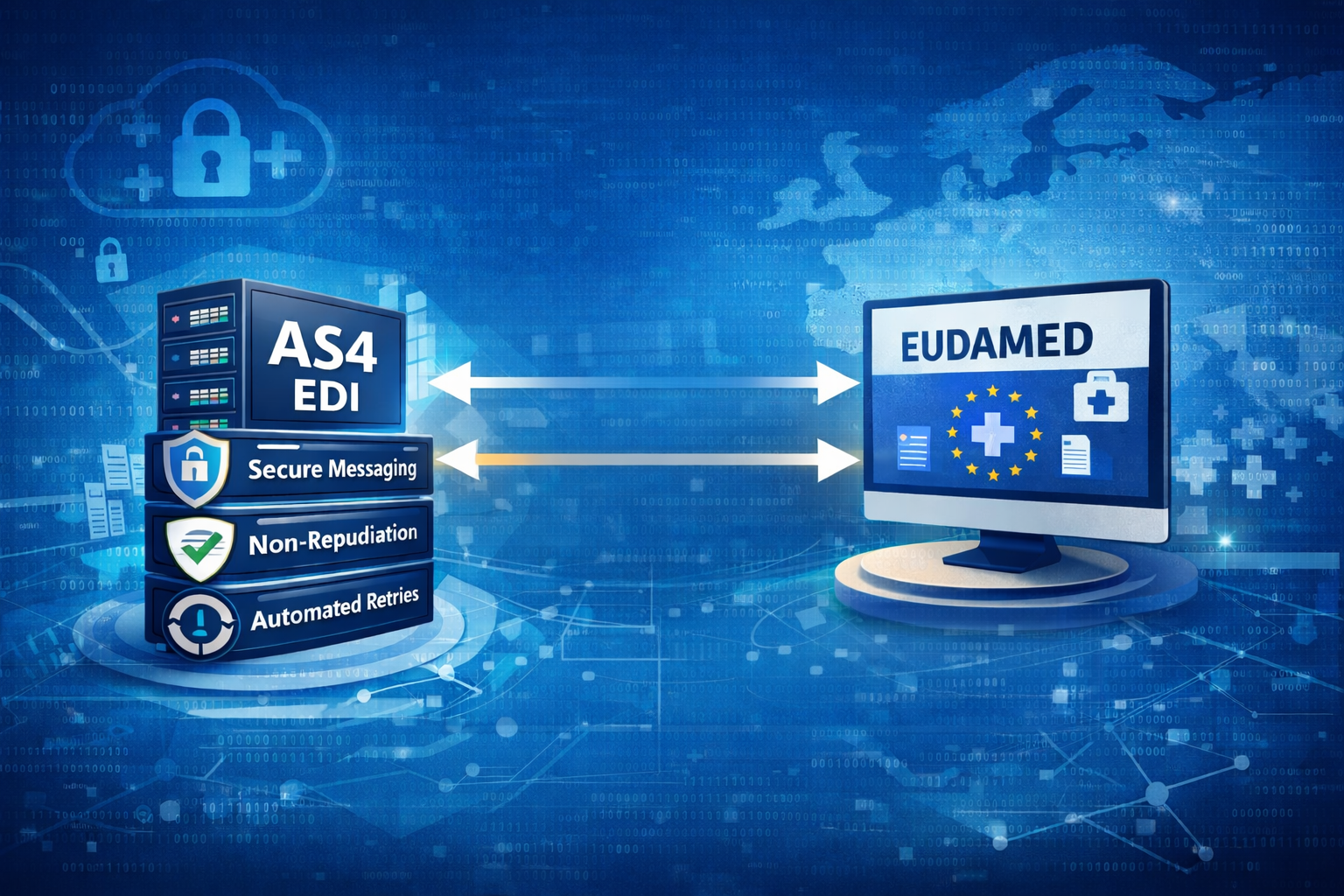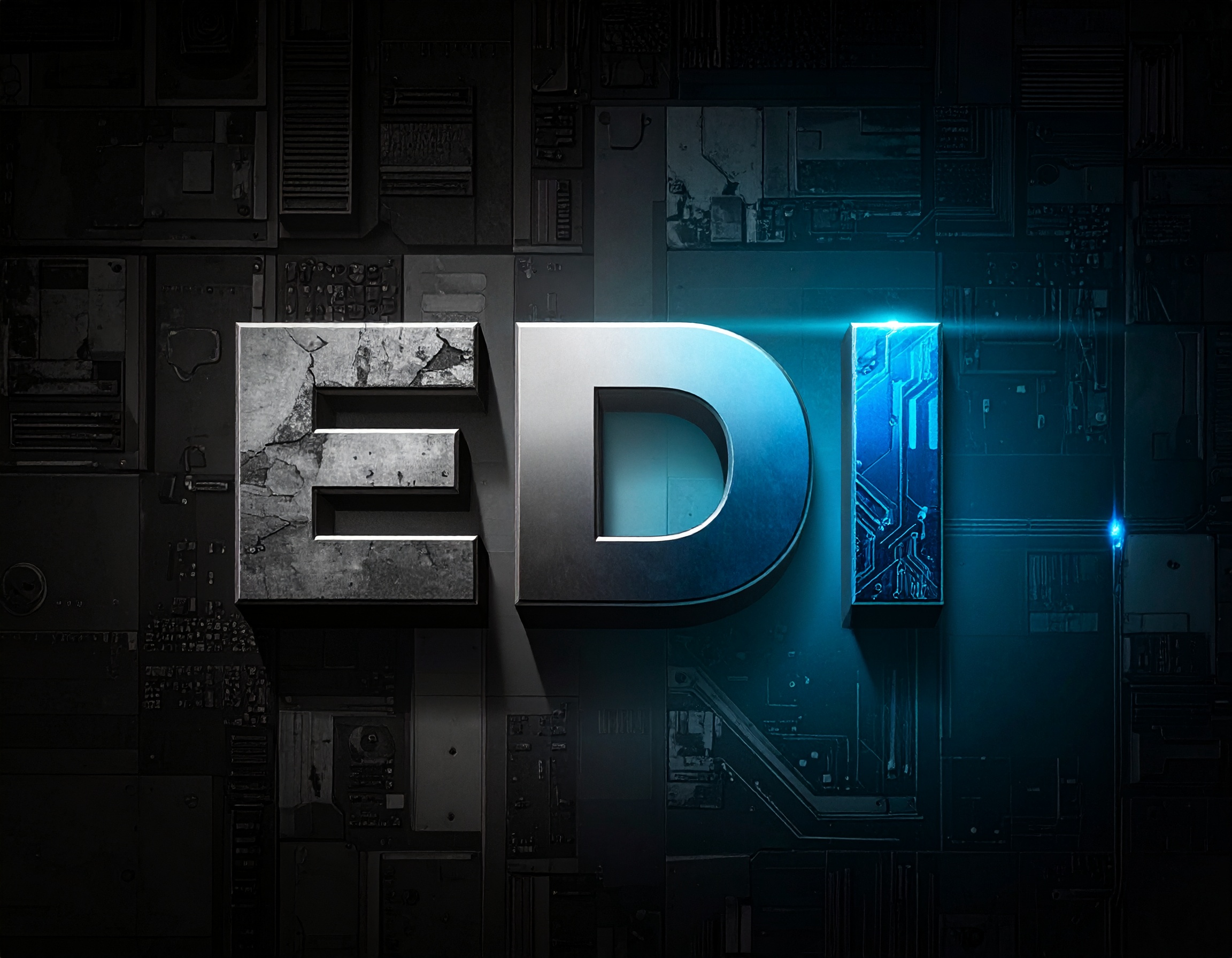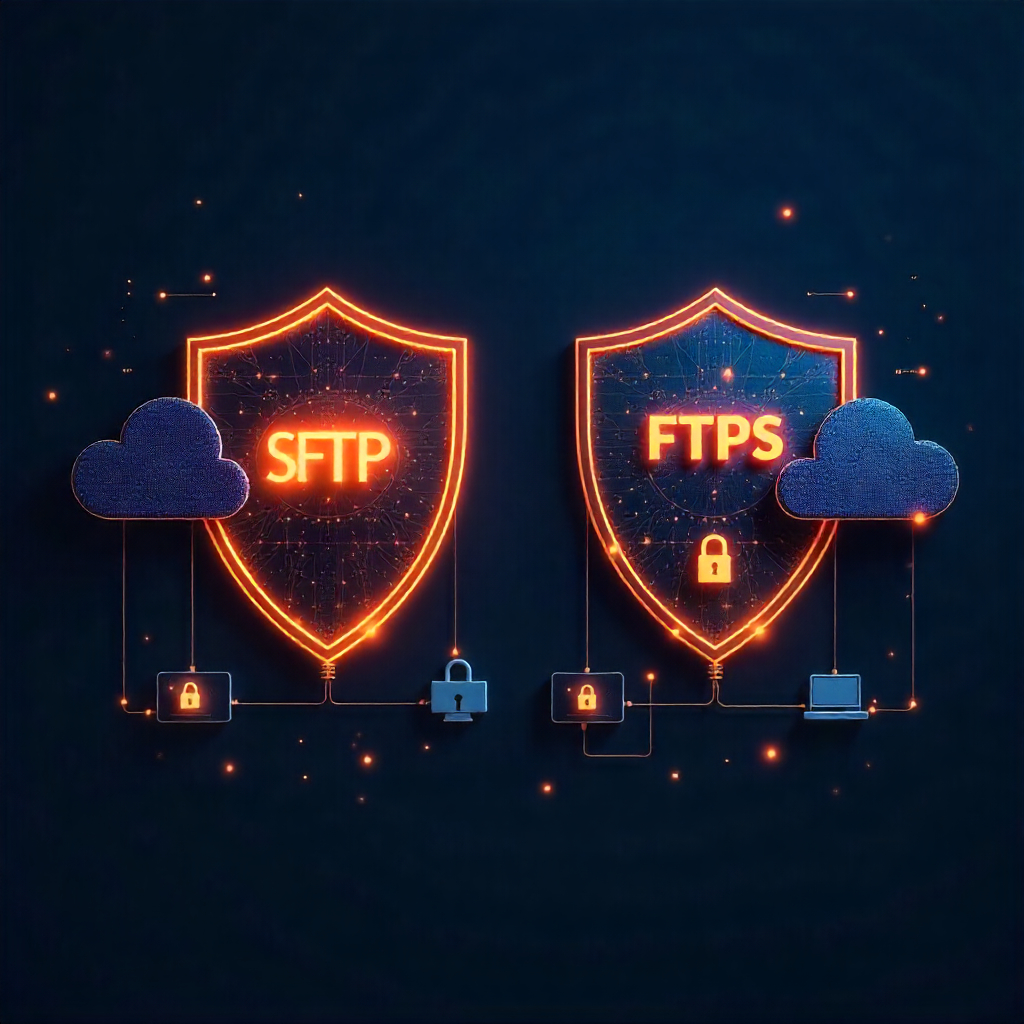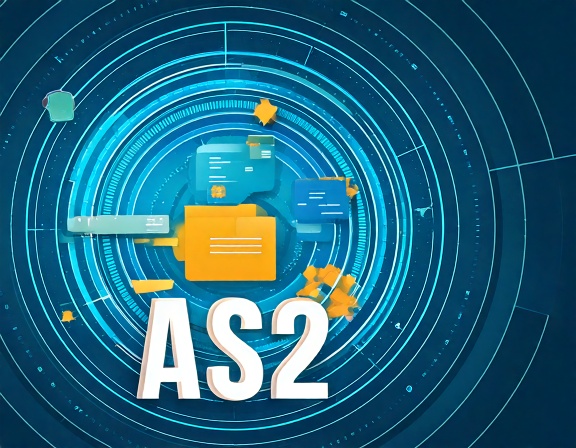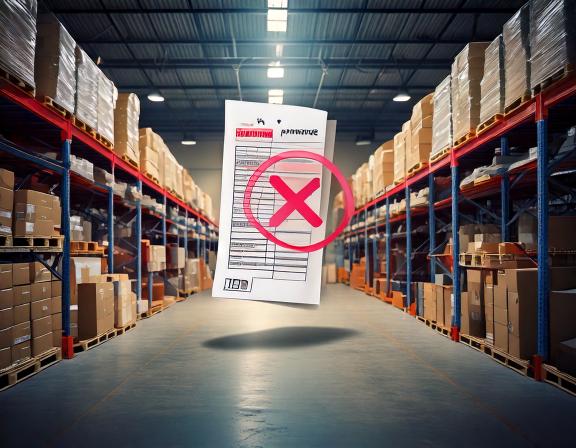MFT Gateway is a hosted Software as a Service (SaaS) solution that enables file exchange over the AS2 or SFTP protocol, without the need to install or maintain.
- Blog
- What is MFT?
MFT
What is MFT?
The Managed File Transfer Technology is a simplified and secure process of transferring files internally or externally to and from an organization

Hirudinee Liyanage
Published: 05 Jan 2022

Businesses and companies are moving towards digitalization rapidly in the current global markets. With these rapid digital transformations, the need for adapting to exponentially growing streams of data has become crucial for companies. To manage these vast streams, companies require data and files to be transferred to and from between internal applications/teams and external parties.
Inside a single company, there may be several different methods of data transfer being adapted and implemented by teams and individuals to cater to these needs. Having several different ways of data transfer may lead to duplicated and unsecured data which can adversely affect productivity while leading to security concerns as well as wastage of resources due to duplication.
The Managed File Transfer Technology is a simplified and secure process of transferring files internally or externally to and from an organization. MFT provides a centrally managed solution for companies that helps create, manage and monitor file transfer connections among persons, business applications, and systems. MFT eliminates unsecured file transfer and reduces wastage of resources while eliminating the need for complex coding for automation. MFT is also providing clear visibility of the file transfer processes.
Without the use of MFT, the IT teams will have to manage scripts that were created for transferring files, and when issues occur, they will have to dig through extensive log files for troubleshooting. There is also the heavy burden of maintaining many disparate file transfer mechanisms when there is no MFT solution adapted in a company.
With an MFT solution, the IT teams could do online configuration and management of file transfer workflows, while having the convenience of detailed reporting in case of troubleshooting and even real-time alerts when issues occur. When an entire company adapts a single MFT solution, the IT teams will have the benefit of centralized control over file-based data.
How does MFT work?
Deployment
Depending on the organization’s security protocols and guidelines, the scope of the project, and company strategy, MFT solutions can be deployed either on-premise or on the cloud.
Configuration
MFT acts as the client/server by sitting between the endpoints which are the source and the target. The configuration is executed by connecting those endpoints; source to target, through a graphical user interface (GUI)
Automation
After configuration is done, according to the configuration triggers (either schedules or events) the files will be transferred automatically
Reporting
Through Automatic alerts and IT dashboards, the statuses of file transfers could be monitored.
Uses of MFT
The majority of file transfer use cases are falling under three categories
- Internal Automated File Transfer : This is within the organization and between it’s internal systems
- External Automated File Transfer : Transfers between company systems (B2B) and 3rd party partner’s systems
- Manual File Share : Ad-hoc file sharing. This can be internal or external.
An MFT Solution can be implemented to cater for any of the above categories. Introducing an Managed File Transfer system will enhance the file transferring workflow.
Why does my company need an MFT solution?
There can be many reasons behind needing an MFT solution
Enhanced Security
By encrypting files in transit and storage/rest, MFT can ensure data security which will help your company to remain compliant with industry regulations. Contrary to traditional file transfer systems, MFT Solutions are built for mitigate security vulnerabilities with a number of security mechanisms.
Fundamental Security features of MFT
- Access Control : Role-based access control lists ensure access to the authorized personnel only
- Encryption in Transfer
- Encryption in Storage
- Use of protocols like AS2 / AS3 for an extra layer of security with Signature validation, Encryption and MIC.
- Validation of users against user repositories i.e. LDAP, Active Directory.
Easy File Transfer Automation
Traditional systems required highly skilled people for writing scripts to manage data, and those scripts needed to be run using scheduling tools in their respective operating systems. With MFT, the configurations are created and deployed using a GUI which can be easily done by someone even without any expertise. This saves a significant amount of time for the creation and automation of data transfers among endpoints
Reliability
- Guaranteed File delivery
Detection of failed delivery and automatic retry mechanism. Automatic/Manual resume capability for incomplete transfers
- Notifications
For events like outbound transfer failure, new inbound transfer users can configure the MFT solutions to send an email notification or a webhook event. This will be an added advantage especially when the whole system is automated.
- Minimal down-time
Since MFT solutions consist of data protection mechanisms the downtime will be minimal in a situation where a server fails. Serverless MFT solutions like MFTG won’t even have the hassle of maintaining servers. Features like this ensure the reliability of a company’s file transfer.
Ease of Use
- Simple GUI.
- Endpoint reusability : Create once and use in many workflows
- Many-to-Many : Add many organizations after choosing the workflow which matches the use-case
- Reports : Automatically generated alerts allows faster resolution time when an issue occurs in file transfer

Talk to an EDI Expert
Join hundreds of organizations already taking full control of their B2B AS2 communications with our trusted solutions. Contact us today to tailor a solution that fits your specific AS2 EDI needs.
Related Articles
View All BlogsExplore our product stack
Try before you buy with a 30-day Free Trial
No commitment, all value. Try the AS2 Solution Risk-Free and discover how our solutions can transform your business workflows. No credit card required.
Explore Your Possibilities
Elevate AS2 Communications with our EDI and AS2 Solutions
See how our AS2 and EDI solutions can simplify your integrations, boost efficiency, and keep you compliant—request a personalized demo today.




